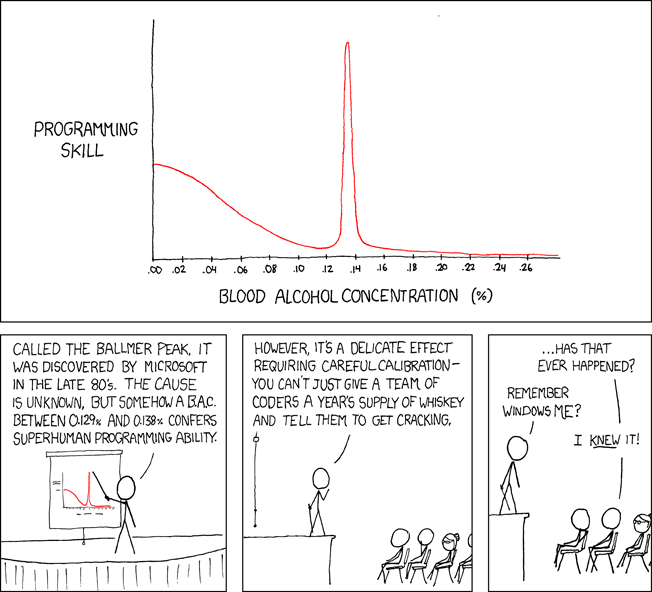- #1
tstarling
- 2
- 0
You all might think it is a silly question, but I have the impression that one should be able to somehow know the entire string of commands, and so feel overwhelmed and defeated. I never really earned the basics, just eased into computer work while in the healthcare field and have been struggling ever since. There seems to be so much to learn then more added so I switch and get very confused about even where all my files are.
Don't really have another question. Thanks if anyone feels like commenting.
Don't really have another question. Thanks if anyone feels like commenting.
